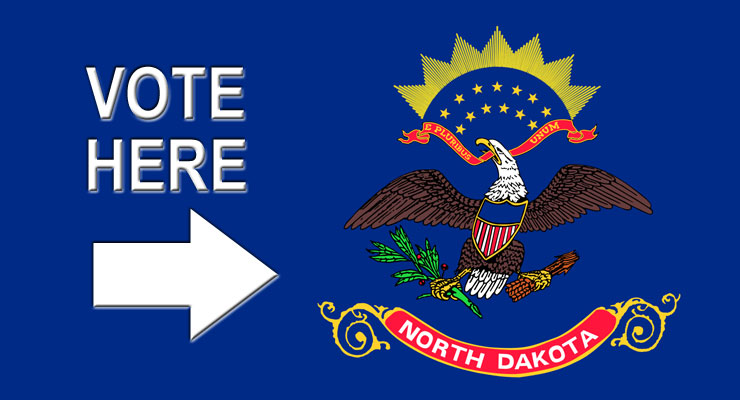
At stake in this decision, as in all other election related questions, is the accuracy of election results in determining our leadership. It is widely believed the voter ID law would harm Democratic voters more than Republican who are more likely to already have ID. Native American voters in particular have expressed their worries that the presentation of identification bearing street address as demanded by the new law will pose an obstacle to them in several ways. The latest on this front comes from an article in the Washington Post by Blake Nicholson:
Another American Indian tribe in North Dakota is challenging the state’s voter identification requirements, which many Native Americans allege discriminate against them and suppress their vote.
The Standing Rock Sioux has signed on to a lawsuit that the Spirit Lake Sioux filed just days before last November’s general election, challenging the state requirement that a voter ID include a provable street address. Tribes allege that disenfranchises members who live on high-poverty reservations where street addresses are uncommon or unknown and where post office boxes are the primary addresses.
See the Washington Post for the full story. A large number of Native Americans live in rural areas where addresses are often not available and are therefore not frequently found on tribal ID. Native Americans in that area also suffer from an extreme epidemic of homeless, complicating the issue of beginning a voter ID program even more.
Leave a Reply